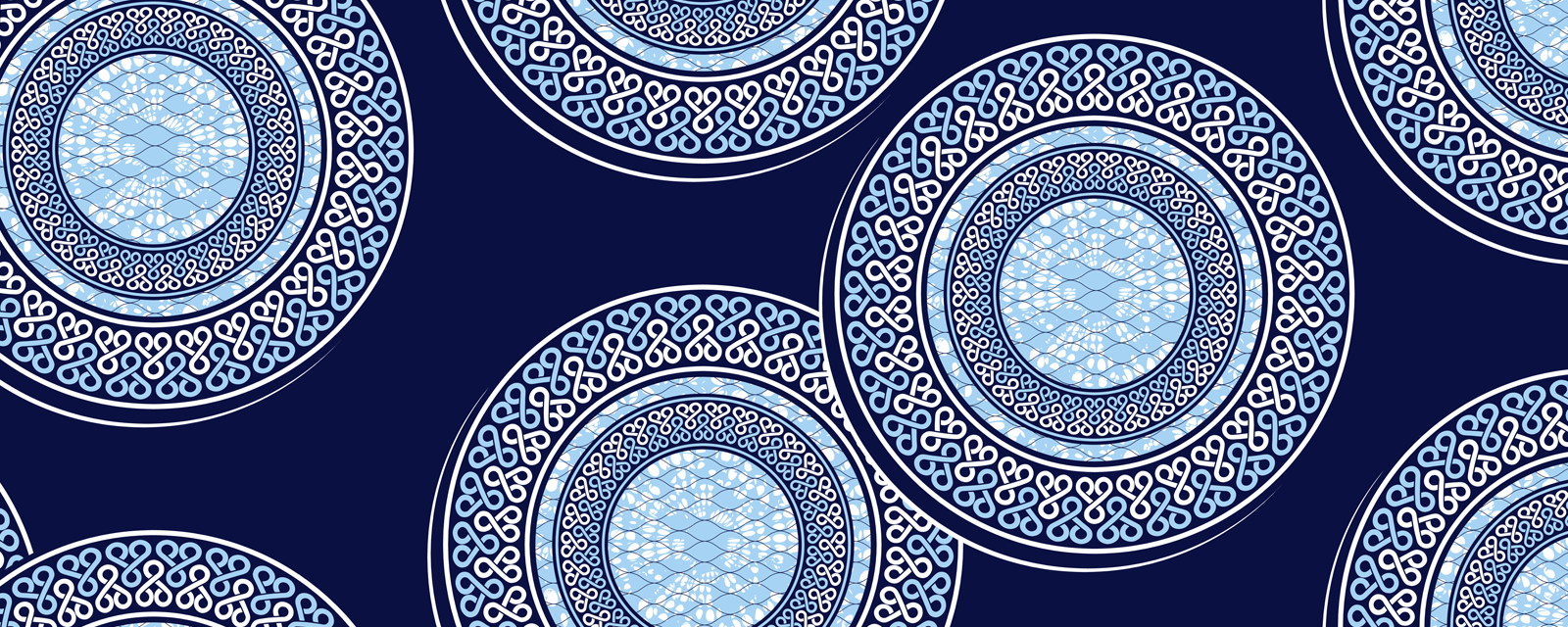The goddess Aje appears within Yorùbá mythology as a patroness of trade and economic prosperity. The following Oríkì (praise poem) is addressed to Aje and also describes the ways in which wealth effects human affairs. The oríkì is followed by a chant to invoke the spirit of the Orisha as part of an enchantment for money. Money in this context is in the form of cowrie shells (cowries were an instrument of payment and exchange throughout western Africa until the nineteenth century and remain a symbol of wealth).
Aje, supreme god of wealth.
Benevolent provider of all human needs
Owner of 1400 ado (1)
Aje turns the wise man into a fool
And makes a fool of the wise man.
Aje, supreme god of wealth.
Benevolent provider of all human needs
An elder giving imperious orders
Without the backing of cowries (2)
Is like a dog in the path howling without meaning.
Aje, supreme god of wealth.
Benevolent provider of all human needs
The only master that calls
To whom all respond.
The white man pitching a tent in the bush
Is an adventurer driven by bad luck. (3)
Aje, supreme god of wealth.
Benevolent provider of all human needs
Who elevates a youth to the rank of elder
And turns the elder into a youth (4)
Aje! Aje! You are the father in the house,
You are the father at the farm
You are the father of all the hidden and open places. (5)
Aje, supreme god of wealth.
Benevolent provider of all human needs
You made a servant into a king
Aje! Aje! Aje! Benevolent provider of all human needs
Husband of six hundred wives.
Chant to invoke the spirit of Aje.
Aje’s leaf commands you to observe me and dance (6)
Young palm shoots tell you to observe me and rejoice (7)
“It is I, It is I,” shouts the parrot to the forest, (8)
“It is I, It is I,” sings Aluko till it reaches its nest (9)
“It is I, It is I,” sings Odidere to Iwo townsmen, descendants of River Oba, (10)
“Who carried the calabash of wealth from heaven to earth.”
No chief dared use any leaf for bestowing honors but the Akoko (11)
Honor and worship unto Aje, peaceful cowries
Peaceful cowries come to my house in earnest.
Earnestly come and smile on me
Earnestly, earnestly come and live with me.
It is you Aje who commanded me, the son of Aje
“That when I labor, I shall make money”
“And though I do not labor, I shall make money” (12)
Therefore, I implore you to smile upon me.
The house rats consume other people’s money (13)
The chameleon wraps himself in other people’s clothes (14)
“It is I, It is I,” shouts the parrot to the forest,
“It is I, It is I,” sings Aluko till it reaches its nest
Aje! Aje! supreme god of wealth.
Benevolent provider of all human needs
Collected by Bernard I. Belasco
From The Entrepreneur as Cultural Hero:
Preadaptations in Nigerian Economic Development
Praeger Publishers (1980)
Footnotes
- Owner of many charms. Refers to gourds containing specific magical medicines.
- Cowrie shells were used as a medium as exchange, similar to coin money, across western Africa.
- The white man is driven to extremes in his quest for money.
- The power of money to upend customs and disrupt social conventions.
- Referring to both the private hoarding of money and the social distribution of wealth.
- Aje’s leaf: The akoko leaf (Chamaesyce celasroides) is considered sacred to Aje and used to invoke the goddess and in enchantments.
- Palm fronds are sacred to Ogun, the god of war. Ogun’s attributes as the orisha who brings civilisation to mankind and state-maker makes him an natural ally of Aje. Palm fronds were also placed at the entrance of properties to ward off trespassers.
- Birds, and parrots particularly, are associated with Aje.
- Aluko: A brightly coloured Woodcock bird, also sacred to Aje.
- Odidere: Parrots. The ability of parrots to mimic human speech have endowed them within Yorùbá mythology as being able to understand all human languages. Their rarity has led them to be considered royal birds and a source of wisdom.
- Akoko leaf, sacred to Aje, is also used in ceremonies to enthrone Yorùbá kings and in acts of bestowing honours by traditional chiefs.
- Wealth in the form of capital can produce more wealth even without work.
- A wealthy person often attracts hangers-on and dependents.
- Again referring to those who borrow from others to disguise their poverty.

